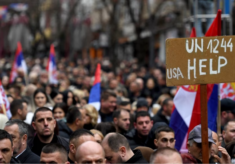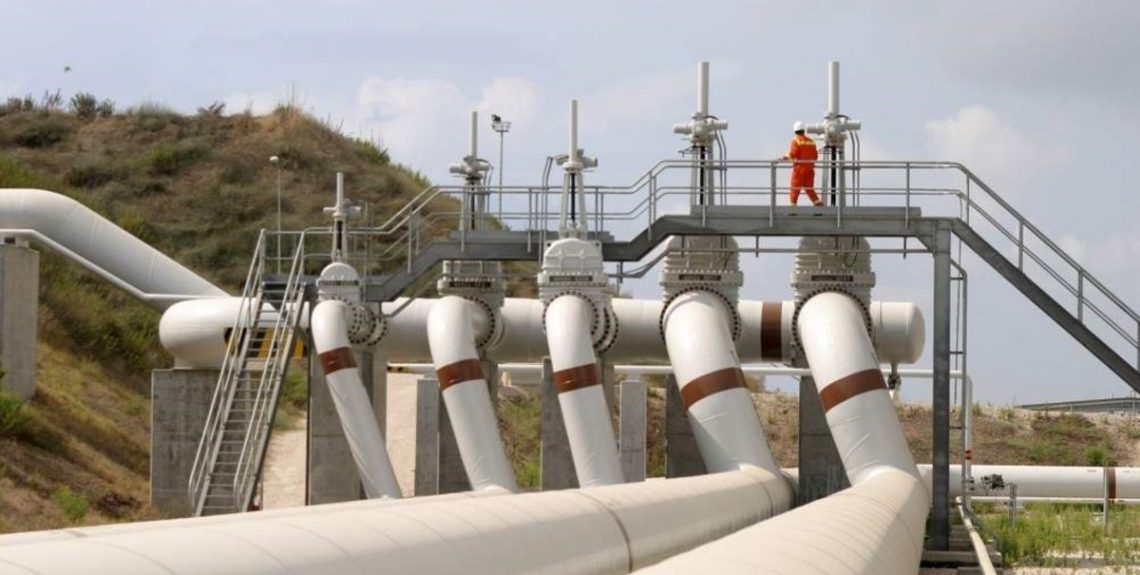The Russian Northern Caucasus is a strategic region for Russia, although less visible in general for international geopolitics due to intertwined geopolitical, political, cultural, energy and security factors. The Russian Northern Caucasus consists of seven multi-ethnic regions: Chechen Republic; Dagestan; Ingushetia; Kabardino-Balkaria; North Ossetia; Stavropol Krai and Karachay-Cherkessia.
The region is important for the Russian state for several reasons and one is that it defends the Russian underbelly from a potential aggressor, that is it defends one of the most densely populated areas of central Russia. The second strategic reason is that the Russian Caucasus is quintessential for Russia’s maritime projection through the Azov Sea, the Black Sea. and, above all, the Caspian Sea along which Dagestan shares a border that stretches almost 450 kilometres.
Dagestan is quintessential for Russia’s energy security as the oil pipeline Baku -Novorossiysk goes through the territory of Dagestan. Hence its great importance, also in the light of the enduring competition between the EU sponsored BTC (Baku-Tbilisi-Ceyhan Limani in Turkey) oil pipeline and its aforementioned Russian counterpart. A very strong competition between rival EU or US energy projects is also to be seen in the case of Kazakhstan’s Kashagan gas pipeline that goes through Russian or other countries’ territory. The whole area is one of the most vied for energy projects in the strongly contested oil-rich Caspian region because the EU is striving to reduce its dependence on Russian energy exports.
Unfortunately, Dagestan is very prone to external influence, especially from the Arab world, although not exclusively. Russia is therefore interested in the economic development of the Northern Caucasus by Arab states but not in the import of fundamentalist doctrines that might ravage the North Caucasus.
In the past, it was the springboard for many terrorist groups from Dagestan and Chechnya to fight in the Syrian war. This was one of the factors, although probably not the most important, that induced Russa to get involved in Syria, preventing the spread of similar caliphates at home.
Chechnya, especially through its governor Ramzan Kadyrov, appears to be also very important for Moscow as it offers a concrete chance of dialogue with the Umma, the Muslim world and especially the Sunnite world. Since Russia has taken sides with Iran, Hezbollah and Assad, it is intensely trying to mend the ties with the Sunnite world and especially Saudi Arabia and the Gulf Emirates through Ramzan Kadyrov’s shuttle diplomacy which in turn allows him to reach a higher consideration in the whole Northern Caucasus and in the whole Arab world in general.

